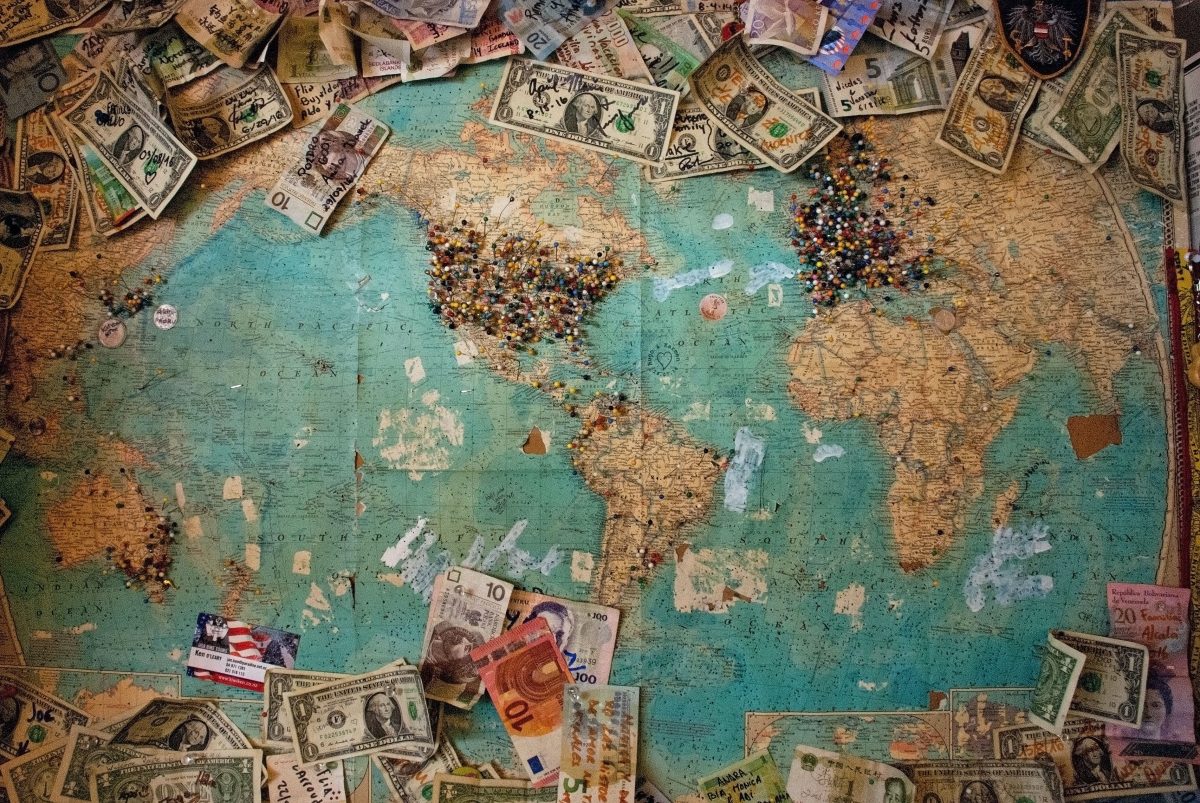Although the rulers of the world’s major military and economic powers have repeatedly claimed that they are making their nations great again, their policies have not resulted in widespread public happiness among their citizens.
That conclusion emerges from the recent World Happiness Report-2022, published by the UN Sustainable Development Solutions Network. Based on Gallup World Polls conducted from 2019 through 2021, this extensive study provides a revealing look at how roughly 150,000 respondents in 146 countries rated their own happiness. The study’s findings underscore the limited levels of happiness in the world’s major military-economic powers.
There is little doubt about which nations belong in this category. In 2020 (the latest year for which accurate figures are available), the world’s biggest military spenders were the United States (#1), China (#2), India (#3), and Russia (#4). Collectively, they accounted for nearly 59 percent of the world’s military spending and the vast majority of the world’s nuclear weapons.
When nations are ranked by total wealth, a similar pattern appears: United States (#1), China (#2), India (#7), Russia (#13). Despite their ostensibly different economic models, they all boast a hefty share of the world’s billionaires, and once again their ranking is rather similar: United States (#1), China (#2), India (#3), and Russia (#5).
And what has this enormous array of military and economic power produced for their citizens? Well, as it turns out, not a great deal of happiness. The most positive thing that can be said for it is that the United States currently ranks a rather dispiriting 16th on this score. China ranks 72nd. Russia ranks 80th. And India is 136th. Furthermore, over the decade since the annual world happiness surveys began, in 2012, none of these major powers has ever appeared among the 10 happiest nations.
In 2022, the 10 happiest countries were: Finland (#1), Denmark (#2), Iceland (#3), Switzerland (#4), Netherlands (#5), Luxembourg (#6), Sweden (#7), Norway (#8), Israel (#9), and New Zealand (#10).
It is deceptively easy to conclude that the explanation for this high level of happiness lies in the fact that these 10 are all fairly comfortable, economically advanced nations. Even so, there is no significant correlation between a nation’s rank in happiness and its per capita income. Indeed, seven of the nations (Finland, Denmark, Iceland, Netherlands, Sweden, Israel, and New Zealand) did not place at all among the top 12 nations in per capita income during 2021. Finland, ranking #1 for happiness for the fifth year in a row, ranked #25 in per capita income. New Zealand, ranking #10 for happiness, ranked #31 for per capita income. Conversely, Singapore, which ranked #3 in per capita income, ranked #27 for happiness, while United Arab Emirates, which ranked #6 in per capita income, ranked #24 for happiness. Factors other than top incomes were clearly at work in producing the happiest nations.
One such factor appears to be the provision of substantial public services. A striking feature of the world’s nations is that all five Nordic countries rank among the 10 happiest. What these five countries have in common are social democratic policies that counteract income inequality and dramatically reduce poverty by providing free or low-cost healthcare, dental care, housing, education, and childcare, as well as ample pensions and a range of other “welfare state” benefits. Moreover, the other five happiest countries also maintain significant social welfare systems.
The happiest nations also stand out for their relatively egalitarian distribution of wealth. Each of the 10 happiest nations, except Israel, has greater equality of wealth than do the four major military-economic powers. And even that nation’s wealth distribution is considerably more equal than that of the United States and only slightly more unequal than China’s.
Yet another contrast appears when it comes to military spending. Given the enormous Gross Domestic Product (GDP) of the four biggest military-economic powers, an adequate “defense” of their nations should be less of an economic burden on them than it would be on the economies of these 10 much smaller, less wealthy nations. But, in fact, the reverse is true in eight of the happiest nations, which devoted a smaller percentage of their GDP to military spending in 2020 (the latest year for which accurate figures are available) than did all but one of the four major military-economic powers. Sweden, for example, spent only 1.22 percent, Denmark 1.44 percent, and Finland 1.53 percent of their small GDPs on their armed forces, while India spent 2.88 percent, the United States 3.74 percent, and Russia 4.26 percent of their much larger GDPs to fund their military might.
Admittedly, poverty and national insecurity do appear to play important roles in reducing human happiness. The lowest ranking nations in World Happiness Report-2022 are very poor nations, or nations plagued by violence, or both, such as the Palestinian territories (#122), Myanmar (#126), Yemen (#132), and Afghanistan (#146).
Even so, as the global happiness studies indicate, great military and economic power bring nations only so far. Ultimately, a high level of happiness requires social solidarity.
Dr. Lawrence Wittner, syndicated by PeaceVoice, is Professor of History emeritus at SUNY/Albany and the author of Confronting the Bomb (Stanford University Press).
